In the bustling streets of Brazil's Sao Paulo, a quiet revolution is unfolding. The rumble of traditional gas-guzzling engines is giving way to the smooth, silent glide of new energy vehicles. At the forefront of this green mobility transformation are Chinese-made NEVs.
The advanced technology and competitive pricing of Chinese NEVs are rapidly translating into rising market share for China's automakers in Brazil and other Latin American countries in recent years.
Data from the China Passenger Car Association shows that Brazil ranked second among the top destination markets for China's NEV exports from January to September this year, with 140,412 units shipped.
According to data from Brazil's National Federation of Motor Vehicle Distribution, also known as Fenabrave, Chinese automaker BYD sold more than 50,000 NEVs in the country in the first nine months of this year.
BYD has established itself as the dominant player in Brazil's electrified vehicle segment, commanding a substantial 73 percent market share.
The technological sophistication and affordability of Chinese NEV brands are proving to be a winning combination that is resonating with consumers in the region, said Zhang Yongwei, vice-president and secretary-general of China EV 100, a major auto industry think tank.
Chinese NEV makers have great agility in responding to the evolving market demands. By constantly expanding and refining their product lineups, they are able to cater to the varied needs of consumers across different use cases and applications, Zhang said.
In addition to Brazil, Mexico has also experienced a surge in the acceptance and demand for Chinese-made NEVs.
Mexico became the sixth largest importer of Chinese NEVs globally during the first three quarters of this year, shipping in 64,746 units, according to data from the China Passenger Car Association.
Bai Ming, a researcher with the Chinese Academy of International Trade and Economic Cooperation, said that interest is growing among governments as well as consumers.
"Across Latin America, we're seeing a concerted effort by policymakers to support the growth of the NEV market through various incentives and infrastructure investments," he said. "This has created a favorable environment for NEV adoption in the region."
Coupled with the policy support, consumers in Latin America are increasingly prioritizing sustainability and environmental protection, and this shift in mindset is translating into a growing appetite for Chinese NEVs, Bai said.
A successful long-term presence in the Latin American market requires more than just competitive products, according to analysts, who've called for more efforts toward investing in local production, creating employment opportunities and developing robust aftersales service networks.
In March, BYD started building its first large-scale production base in Camacari in Brazil's Bahia state.
The new complex, to be completed by 2025, will specialize in the production of electric bus and truck chassis, electric and hybrid passenger cars, and lithium and iron phosphate processing, and is expected to produce 150,000 vehicles per year.
Chinese automaker Great Wall Motor also plans to open a production facility in Brazil by May next year, opting for a piece-by-piece assembly process at the site instead of using pre-assembled component kits imported from China.
This move, driven by the tax incentives under the Brazilian government's Mover program, will accelerate the process of nationalizing production and, consequently, enable the company to export from Brazil.
The Mover program provides tax incentives for companies to invest in decarbonization and energy efficiency.
Yin Tongyue, chairman of Chinese carmaker Chery, said that Chinese NEV manufacturers have demonstrated remarkable advancements in critical domains such as power train electrification and intelligent driving.
The integration of Chinese NEV technologies can empower local automakers to enhance their product offerings and embrace sustainable manufacturing practices, ultimately driving the overall competitiveness and resilience of the local automotive industry, Yin said.











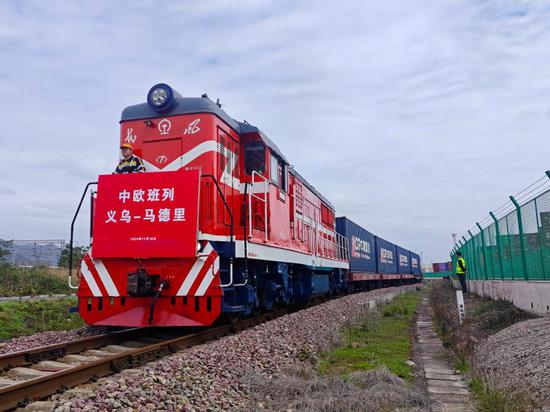

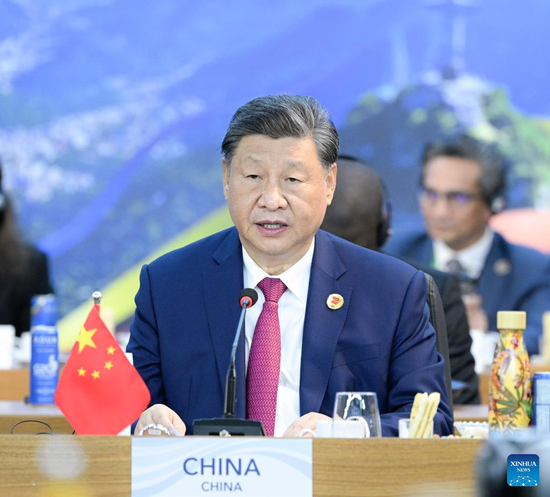

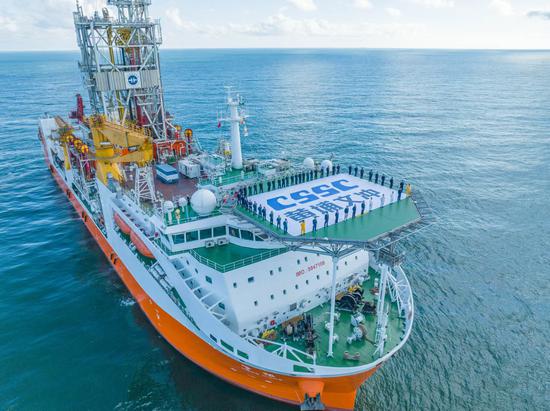

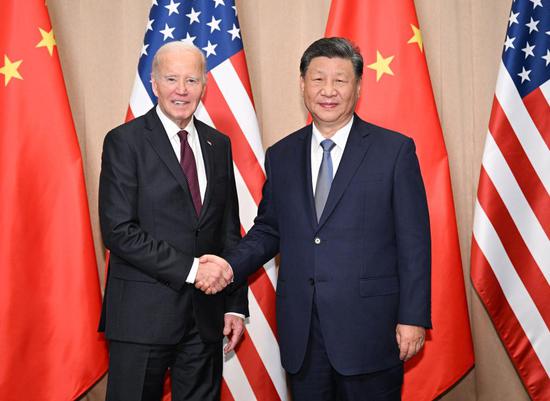

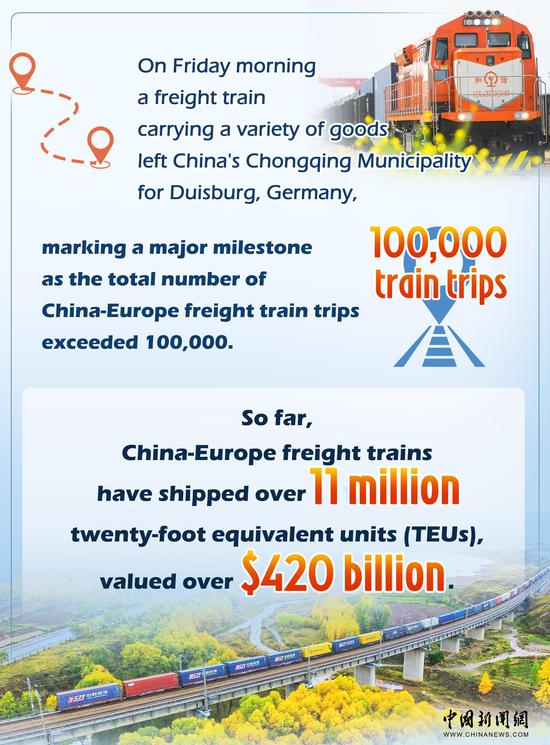

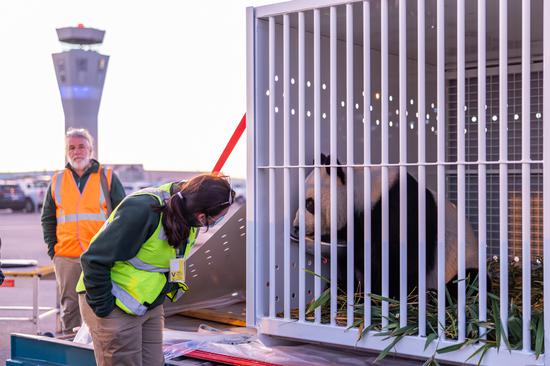
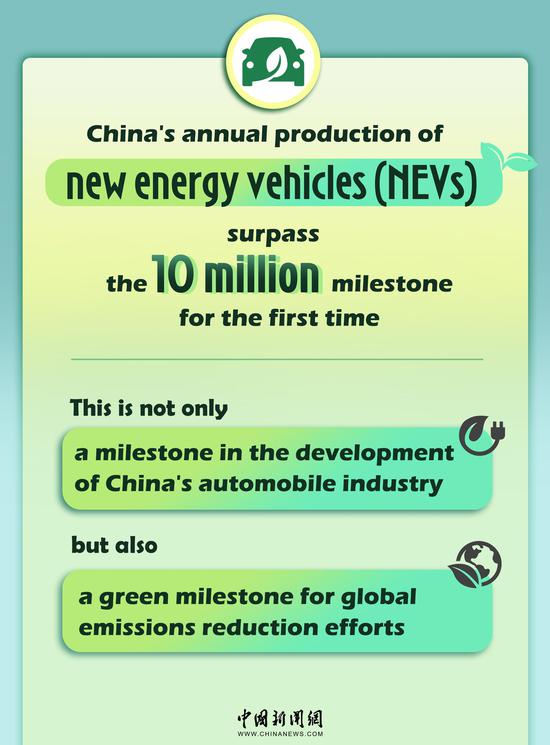

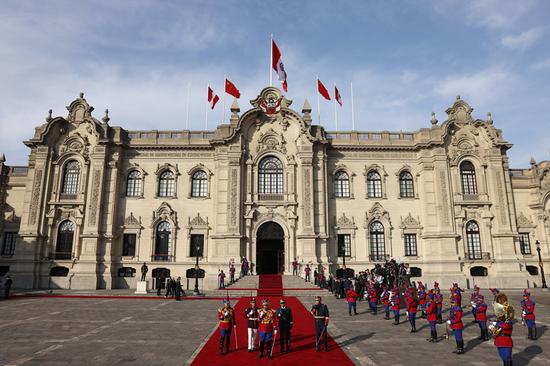



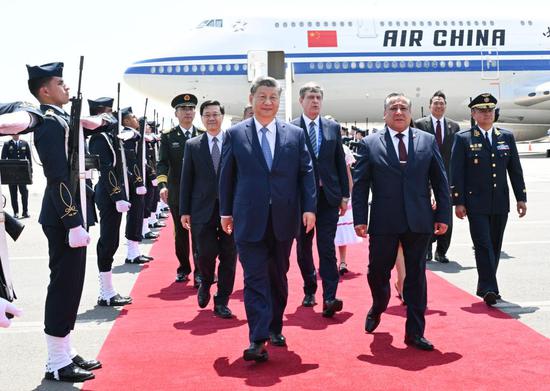

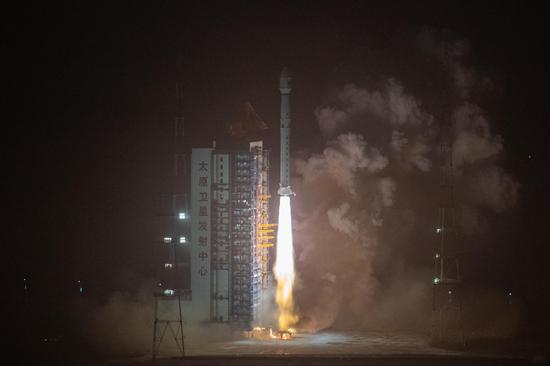
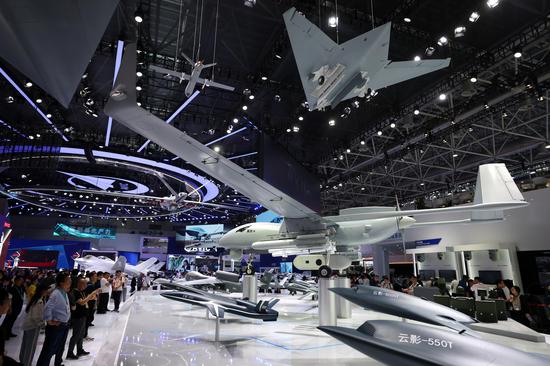
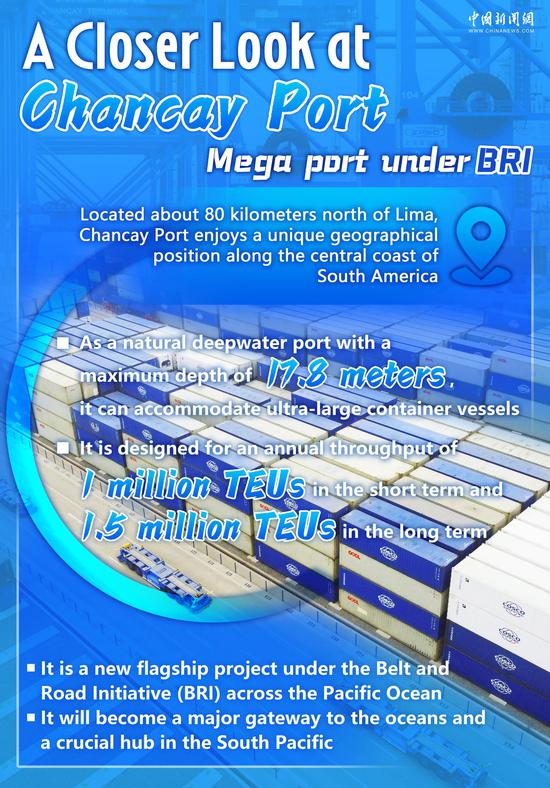
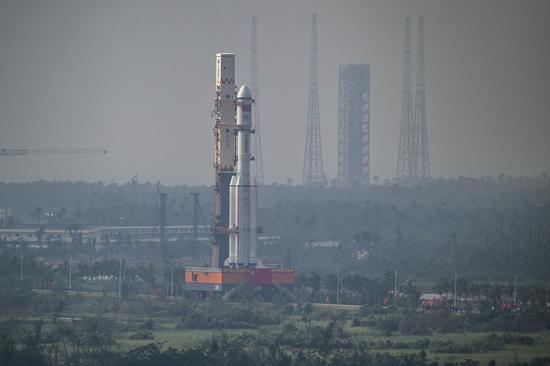
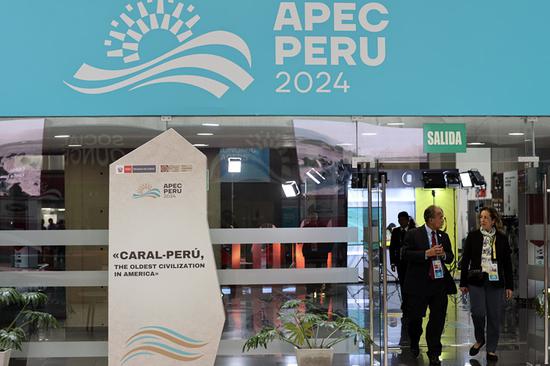















 京公網安備 11010202009201號
京公網安備 11010202009201號